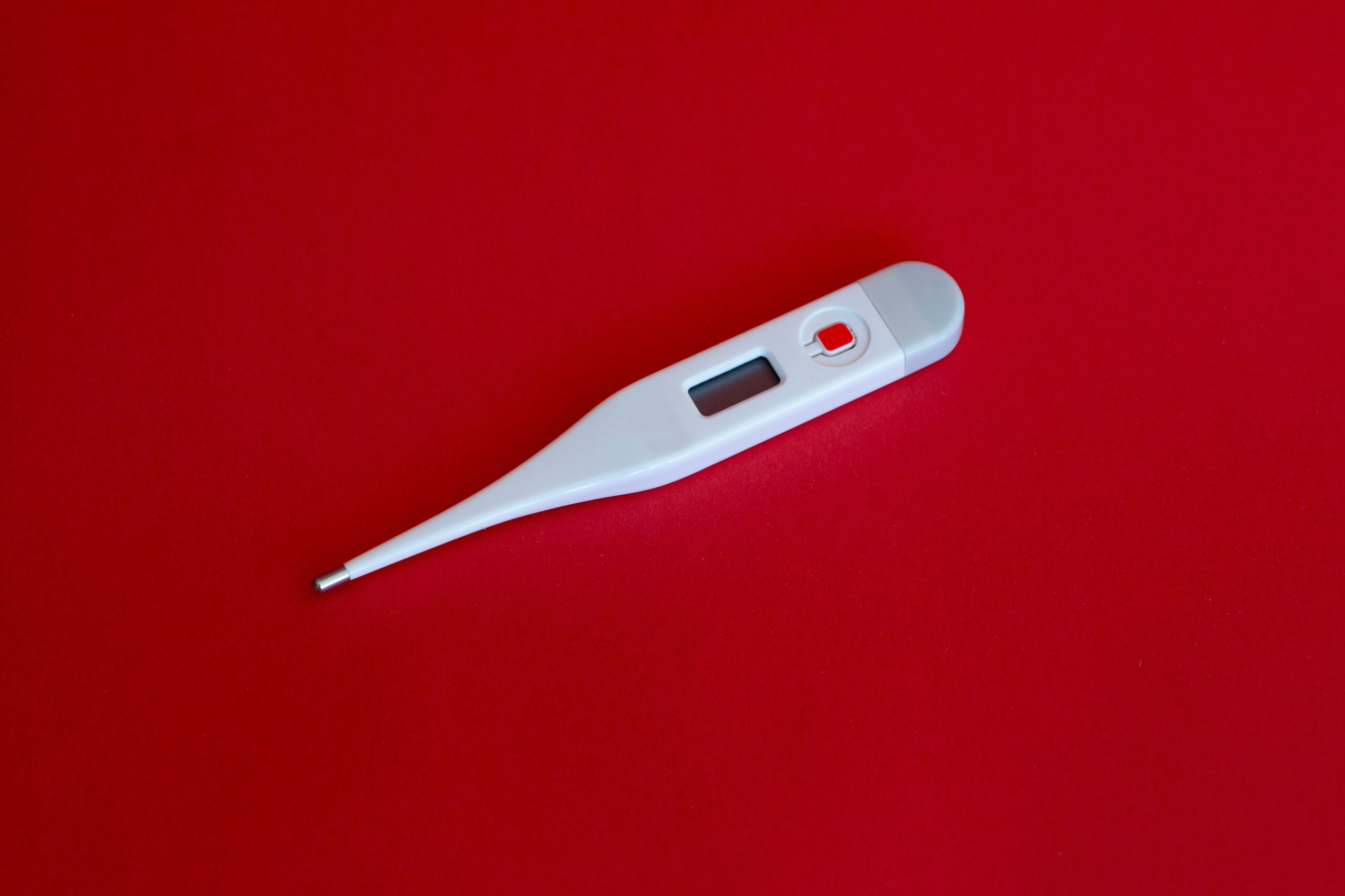Introduction
Chronic pancreatitis is a long-term inflammation of the pancreas that leads to permanent damage and impaired functionality. This condition can cause significant pain and affect the digestive process, leading to various complications. In this article, we will explore the causes, diagnosis, and treatment options for chronic pancreatitis.
Causes of Chronic Pancreatitis
Chronic pancreatitis can be caused by several factors, including:
- Heavy alcohol consumption: Excessive and prolonged alcohol intake is one of the leading causes of chronic pancreatitis.
- Genetic factors: Certain genetic mutations can increase the risk of developing this condition.
- Autoimmune conditions: In some cases, the immune system mistakenly attacks the pancreas, leading to chronic inflammation.
- Obstruction of the pancreatic duct: Blockage of the pancreatic duct can cause the digestive enzymes to accumulate and damage the pancreas.
- Smoking: Tobacco use has been linked to an increased risk of developing chronic pancreatitis.
Diagnosis of Chronic Pancreatitis
Diagnosing chronic pancreatitis involves a combination of medical history, physical examination, and various diagnostic tests, including:
- Medical history and physical examination: The doctor will ask about symptoms, alcohol consumption, and family history of pancreatitis. They will also perform a physical examination to check for signs of pancreatic inflammation.
- Blood tests: Blood tests can help assess pancreatic function and rule out other possible causes of symptoms.
- Imaging tests: Imaging techniques such as ultrasound, CT scan, or MRI can provide detailed images of the pancreas, helping to identify any structural abnormalities or signs of inflammation.
- Endoscopic retrograde cholangiopancreatography (ERCP): This procedure involves passing a thin tube with a camera through the mouth and into the small intestine to visualize the pancreas and its ducts.
- Endoscopic ultrasound (EUS): EUS combines endoscopy and ultrasound to obtain detailed images of the pancreas and surrounding structures.
Treatment of Chronic Pancreatitis
The treatment for chronic pancreatitis aims to relieve symptoms, manage complications, and improve pancreatic function. The approach may include:
- Lifestyle modifications: Quitting alcohol and smoking are crucial for preventing further damage to the pancreas.
- Pain management: Pain medications, such as nonsteroidal anti-inflammatory drugs (NSAIDs) or opioids, may be prescribed to alleviate chronic pain.
- Enzyme replacement therapy: Pancreatic enzyme supplements can help improve digestion by replacing the deficient enzymes.
- Dietary changes: A low-fat diet is often recommended to reduce the workload on the pancreas and alleviate symptoms.
- Surgical intervention: In severe cases, surgery may be necessary to remove obstructions, drain cysts, or remove damaged parts of the pancreas.
- Management of complications: Treatment may also involve addressing complications such as diabetes, malnutrition, or infections.
Conclusion
Chronic pancreatitis is a complex condition that requires careful management to alleviate symptoms and prevent further complications. By understanding the causes, diagnosing the condition accurately, and implementing appropriate treatment strategies, individuals with chronic pancreatitis can improve their quality of life and minimize the impact of this chronic inflammatory disease. If you suspect you may have chronic pancreatitis, it is essential to consult with a healthcare professional for an accurate diagnosis and personalized treatment plan.
FIND FLASH MEDICAL INFO SEARCH HERE
اخبار النادي الأهلي المصري هنا




